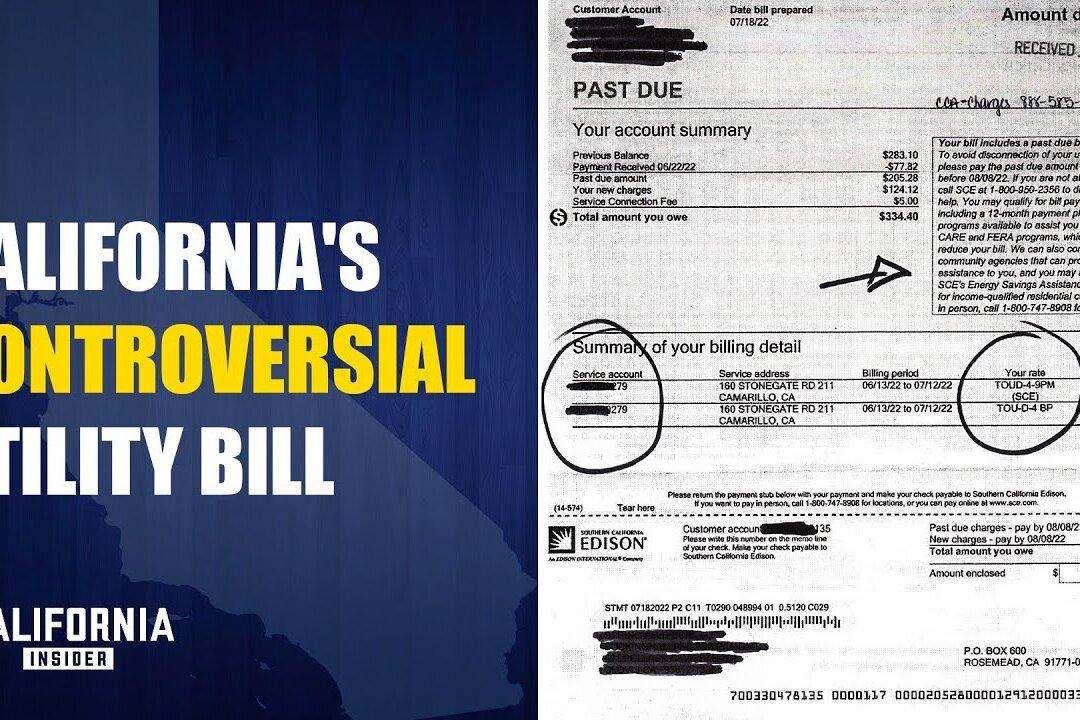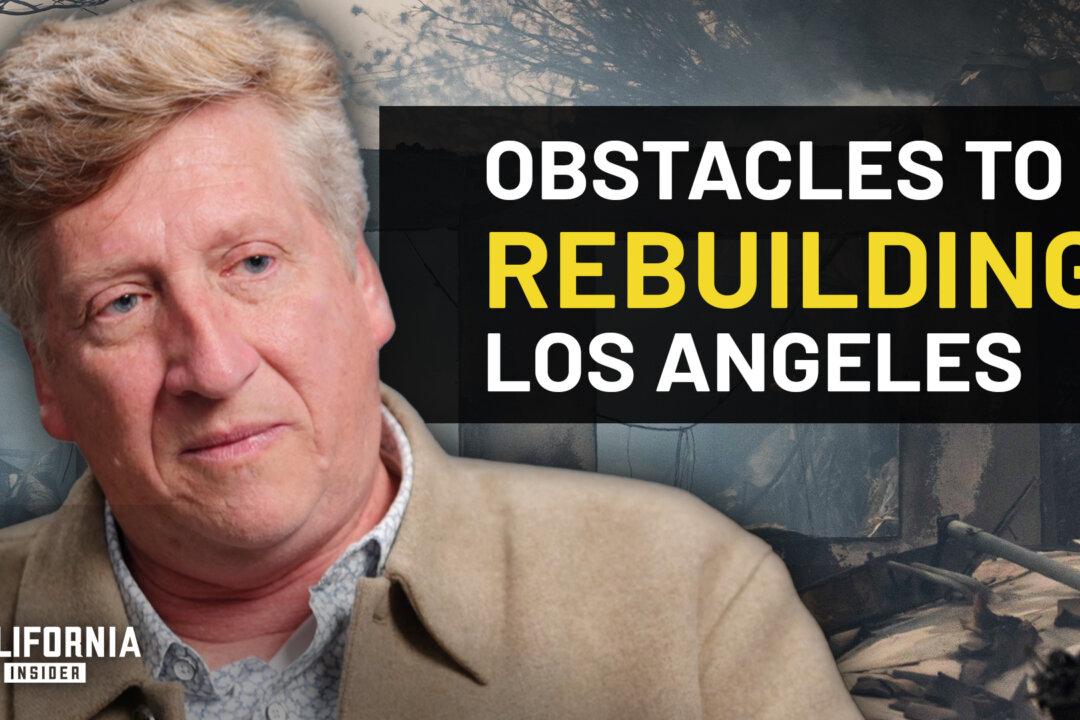In 2022, California introduced a groundbreaking bill allowing public utilities to adjust fixed-rate charges based on household income. The fixed rate, covering infrastructure costs, now varies depending on income levels, irrespective of electricity usage. This significant change applies even to those with solar power, raising concerns about fairness and conservation incentives.
Opinion: Controversial Utility Bill: Californians to Pay Based on Income, Not Usage | Jim Desmond
California’s Controversial Electricity Bill: Charging by Income Raises Eyebrows

|Updated:
Most Californians are unaware of crucial topics and issues that directly impact their lives due to limited news coverage. While they may skim through headlines, they crave in-depth news analysis to uncover the underlying stories.
California Insider Opinion aims to fill this gap by providing viewers with essential information to comprehend the news and delve into the deeper issues behind the headlines.
This show not only covers vital topics and breaking news but also offers insights that are hard to find elsewhere. The innovative short-form video format sets it apart from other media outlets, making it a unique source of information.
California Insider Opinion presents a 10-minute video featuring experts and individuals with strong credentials who offer their opinions and insights, helping viewers grasp the news from a specialized perspective.
Author’s Selected Articles




